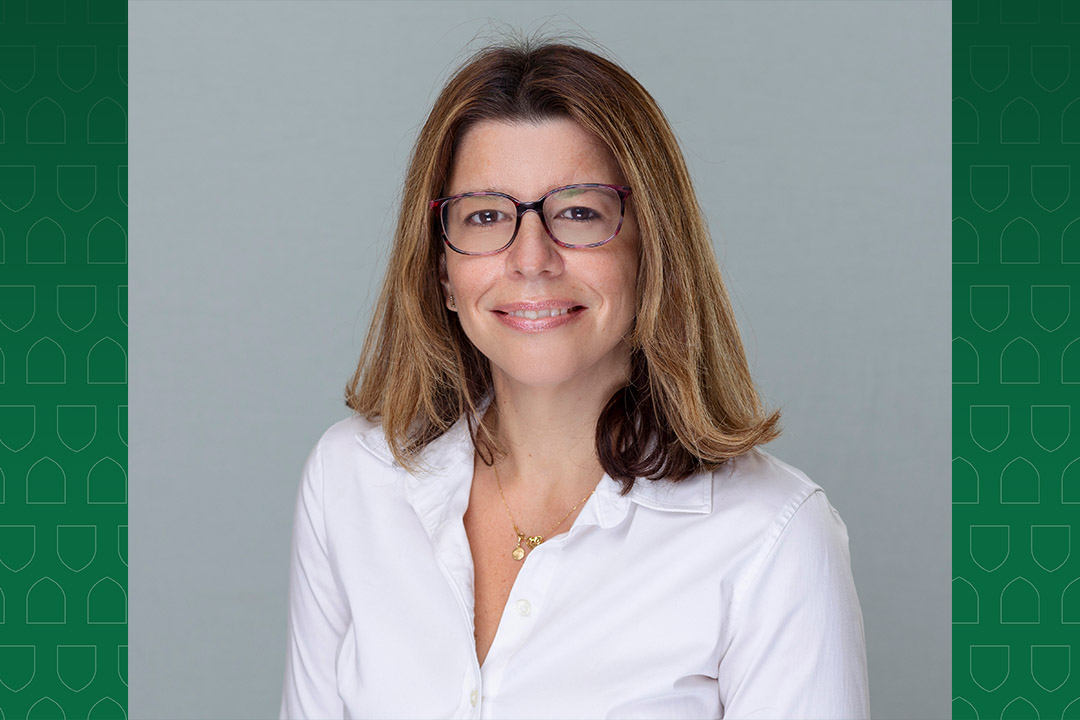
USask leads investigation into COVID-19 effects on dentists
A multi-university research team in collaboration with the University of Saskatchewan (USask) analyzed the stress levels of dentists during the COVID-19 pandemic.
By Matt OlsonThe research project used a tool called the COVID-19 Anxiety Syndrome scale (C-19ASS), a self-reporting tool developed in 2020 to help quantify some of the mental health impacts and coping methods used by individuals to manage the effects of the pandemic.
Dr. Michelle Siqueira (DDS, DSc), an assistant professor with USask’s College of Dentistry, said the purpose of the study was to apply the C-19ASS to working dentists to determine the validity of the test among that professional group and subsequently analyze the effects of the pandemic on dentists.
“COVID hit dentists strongly, as it changed the way dentists worked and changed our day-to-day life,” Siqueira said. “The mental health of dentists was never before taken into much consideration. So, this study is one of the pioneers.”
The project was multi-pronged, researching both social indicators (using the C-19ASS and additional dentist-focused questions) and biological indicators. As part of the research, participating dentists were asked to send saliva samples to USask for analysis. By examining those samples, researchers were able to measure levels of cortisol — a known biological marker of stress levels — to gain quantifiable results.
Participants were asked to fill out a questionnaire and send a saliva sample once per month for 10 months. The results, according to Siqueira, confirmed the research team’s hypothesis that the pandemic was having a marked and measurable effect on the stress levels and mental well-being of dentists across the country.
“What we saw, when comparing the self-reported answers to the cortisol, was a correlation,” she said. “The stress and anxiety level of the participants did increase, especially early in the study.”
As Siqueira puts it, dentists — by virtue of of a profession that revolves almost exclusively around working in the mouths of patients at the clinical level — were heavily impacted almost immediately by the onset of the COVID-19 pandemic.
Siqueira said there were numerous and legitimate changes dentists needed to make to their practices because of pandemic restrictions, which made them a perfect target for this type of anxiety testing.
“We work in close proximity with our patients, and there were a lot of changes called for from our regulatory body,” she said. “We understood that the stress level in the whole dental community was going up.”
Beyond this research project, Siqueira said the team’s work has opened potential new avenues for this type of sociological work.
Because USask was able to operate as the hub for this project in receiving samples from across Canada, Siqueira hopes this opens the door for more country-spanning research of this nature to take place.
“Saliva proved to be stable, and results were coming from nine different provinces,” she said. “That’s something we can think about and pursue in other areas.”
Article re-posted on .
View original article.

